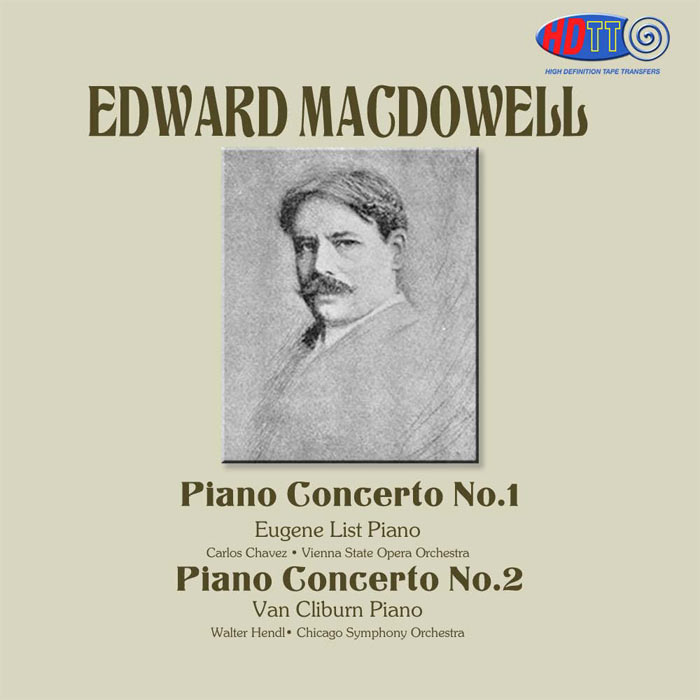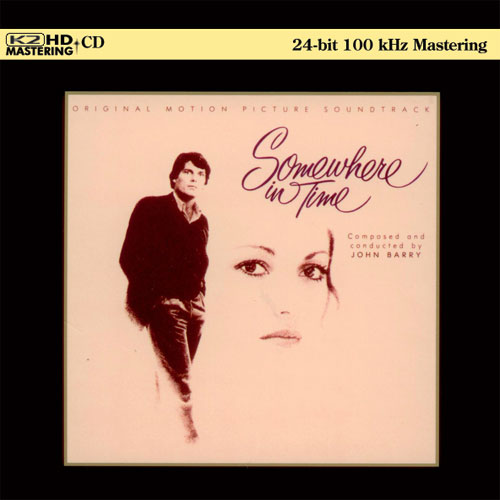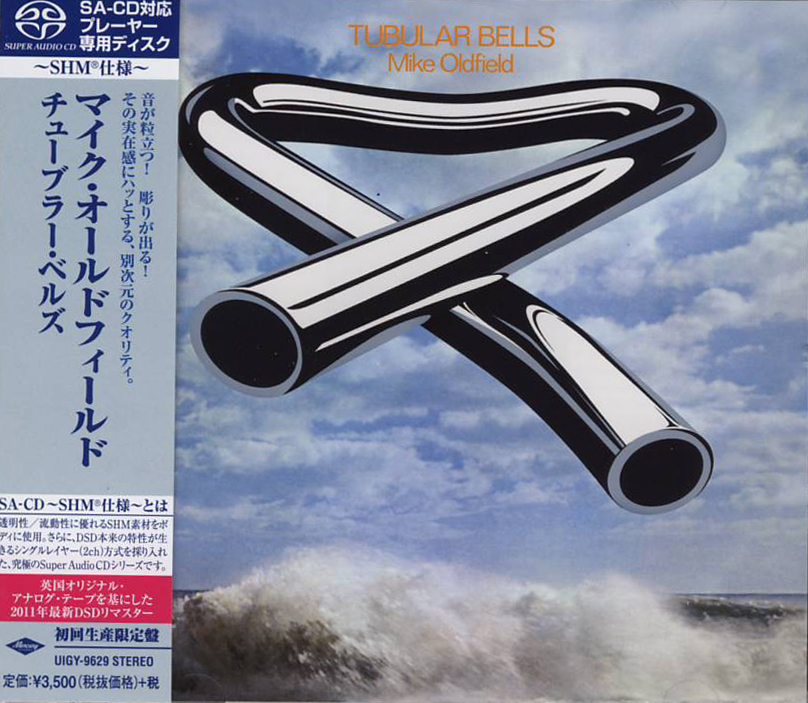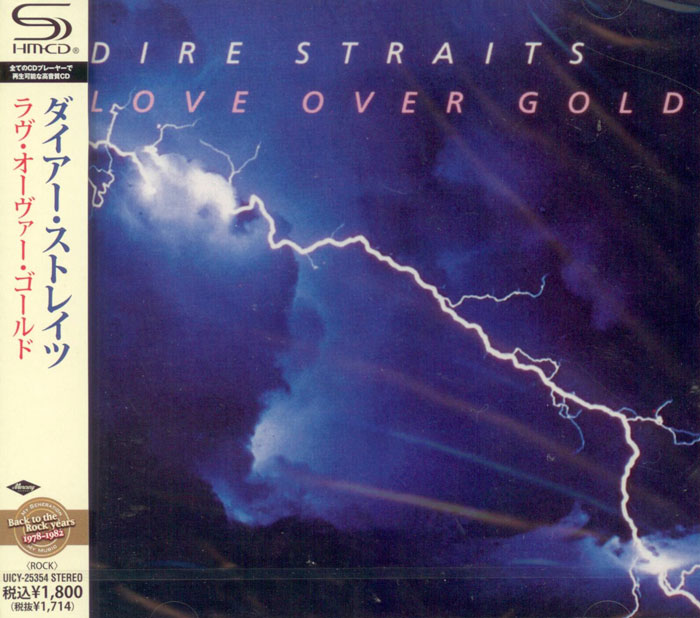Logowanie
OSTATNI taki wybór na świecie
Nancy Wilson, Peggy Lee, Bobby Darin, Julie London, Dinah Washington, Ella Fitzgerald, Lou Rawls
Diamond Voices of the Fifties - vol. 2
Tylko 1000 egzemplarzy!!!
DVORAK, BEETHOVEN, Boris Koutzen, Royal Classic Symphonica
Symfonie nr. 9 / Wellingtons Sieg Op.91
nowa seria: Nature and Music - nagranie w pełni analogowe
Petra Rosa, Eddie C.
Celebrating the art and spirit of music - vol. 3 - Pure
warm sophisticated voice...
Peggy Lee, Doris Day, Julie London, Dinah Shore, Dakota Station
Diamond Voices of the fifthies
Tylko 1000 egzemplarzy!!!
SAMPLER - STS DIGITAL, Buddy Tate, Milt Buckner, Walace Bishop
Jazz Masters - Legendary Jazz Recordings - v. 1
proszę pokazać mi drugą taką płytę na świecie!
Chesky! Niezmiennie perfekcyjny
Winylowy niezbędnik
ClearAudio
Double Matrix Professional - Sonic
najbardziej inteligentna i skuteczna pralka do płyt winylowych wszelkiego typu - całkowicie automatyczna
MacDOWELL, Van Cliburn, Eugene List, Vienna State Opera Orchestra, Chicago Symphony Orchestra, Walter Hendl
Piano Concerto No. 1 & 2
- Piano Concerto No.1,
- 1. Maestoso - Allegro con fuoco
- 2. Andante tranquillo
- 3. Presto Van Cliburn
- Piano Concerto No.2,
- 4. First Movement: Larghetto calmato
- 5. Second Movement: presto giocoso
- 6. Third Movement: Largo
- Van Cliburn - piano
- Eugene List - piano
- Vienna State Opera Orchestra - orchestra
- Chicago Symphony Orchestra - orchestra
- Walter Hendl - conductor
- MacDOWELL
Van Cliburn was born in Shreveport, Louisiana, and began taking piano lessons at the age of three from his mother, Rildia Bee O'Bryan Cliburn. O'Bryan was taught by Arthur Friedheim,[1] a pupil of Franz Liszt. At six years old, Cliburn moved with his family to Kilgore, Texas, and at twelve he won a statewide piano competition which enabled him to debut with the Houston Symphony Orchestra. He entered The Juilliard School at age 17, and studied under Rosina Lhévinne, who trained him in the tradition of the great Russian romantics. At age 20, Cliburn won the Leventritt Award, and made his Carnegie Hall debut. It was his recognition in Moscow that propelled Cliburn to international fame. The _rst International Tchaikovsky Competition in 1958 was an event designed to demonstrate Soviet cultural superiority during the Cold War, on the heels of their technological victory with the Sputnik launch in October 1957. Cliburn's performance at the competition _nale of Tchaikovsky's Piano Concerto No. 1 and Rachmanino_'s Piano Concerto No. 3 earned him a standing ovation lasting eight minutes. When it was time to announce a winner, the judges were obliged to ask permission of the Soviet leader Nikita Khrushchev to give _rst prize to an American. "Is he the best?" Khrushchev asked. "Then give him the prize!" Cliburn returned home to a ticker-tape parade in New York City, the only time the honor has been accorded a classical musician. His cover story in Time proclaimed him "The Texan Who Conquered Russia." Upon returning to the U.S., Cliburn appeared in a Carnegie Hall concert with the Symphony of the Air, conducted by Kiril Kondrashin, who had led the Moscow Philharmonic in the prize-winning performances in Moscow. The performance of the Rachmanino_ third piano concerto at this concert was subsequently released by RCA Victor on both LP and CD. Cliburn was also invited by Steve Allen to play a solo during Allen's prime time NBC television program. RCA Victor signed him to an exclusive contract, and his subsequent recording of the Tchaikovsky Piano Concerto No. 1 became the _rst classical album to go platinum. It was the best-selling classical album in the world for more than a decade, eventually going triple-platinum. Cliburn won the 1958 Grammy Award for Best Classical Performance for this recording. In 2004, this recording was re-mastered from the original studio analogue tapes, and released in the highest quality ever on high-resolution Super Audio CD. Other famous concerti Cliburn has recorded include the Schumann Piano Concerto, Grieg Piano Concerto, Rachmanino_ Piano Concerto No. 2, Beethoven Piano Concerto No. 4 and No. 5 (Emperor), and the Proko_ev Piano Concerto No. 3. In 1962, Cliburn became the artistic advisor for the Van Cliburn International Piano Competition. The competition was founded by the Van Cliburn Foundation, of Fort Worth, Texas made up of music teachers and volunteers, and its prestige now rivals that of the Tchaikovsky Competition.[citation needed] Cliburn performed and recorded through the 1970s, but in 1978, after the deaths of his father and manager, began a hiatus from public life. In 1987, he was invited to perform at the White House for President Ronald Reagan and Soviet president Mikhail Gorbachev, and afterward was invited to open the 100th anniversary season of Carnegie Hall. In 1994, Cliburn made a guest appearance in the cartoon Iron Man, playing himself in the episode "Silence My Companion, Death My Destination". Now over 70, he still gives a limited number of performances every year, to critical and popular acclaim. He has played for royalty and heads of state from dozens of countries, and for every President of the United States (other than President Obama), since Harry Truman. He begins every concert with The Star Spangled Banner. Edward MacDowell MacDowell's ancestry was English on his mother's side and Scottish-Irish on his father's. Though his father's family had been Quakers, there is little indication that MacDowell practised this or any other religion. He showed skill in drawing and music at an early age, and when he was eight began piano lessons with the Colombian violinist Juan Buitrago. Buitrago introduced him as a boy to Teresa Carre?o, who encouraged him and later became a promoter of his music in the USA and abroad. In April 1876 his mother took him to Paris to attend the Conservatoire, where he studied the piano with Marmontel. Dissatis_ed with the instruction he was receiving, he went on to Germany in 1878, and studied in turn in Stuttgart, Wiesbaden and Frankfurt (at the Hoch Konservatorium with Carl Heymann for piano and Ra_ for composition). On several occasions in 1879 and 1880 he played for Liszt at conservatory concerts, and this helped further his career. By August 1880 he had left the conservatory and begun to support himself by giving private piano lessons, which he did until 1885, except for a year spent teaching at the Städtische Akademie für Tonkunst, Darmstadt (18812). His _rst seven opus numbers, works either for piano or male chorus, were published under the pseudonym of Edgar Thorn(e). Meanwhile he continued his association with Ra_, who encouraged him to send his Erste moderne Suite op.10 to Liszt on its completion in 1881; Liszt recommended the work for performance at a meeting of the Allgemeiner Deutscher Musikverein in 1882 and for publication by Breitkopf & Härtel. This was the beginning of his success as a composer, and other German _rms were to publish his music within the next few years. In 1883 Teresa Carre?o began playing his (by then) two Moderne Suiten in concerts throughout the USA. The next year he married Marian Nevins, a fellow American. They settled _rst in Frankfurt, then Wiesbaden, and from 1885 to 1888 MacDowell devoted himself almost exclusively to composition. In part because of _nancial di_culties he decided to return to America in the autumn of 1888. MacDowell and his wife lived in Boston from 1888 to 1896, and during that period he composed his opp.3751, which include his Indian Suite and Woodland Sketches. These years also saw his rise to public attention as a result of concerts in which he played his own music. In March 1889 he gave the premi?re of his Second Concerto under the direction of Theodore Thomas in New York; the next month he played it again with the Boston SO. There followed performances of his symphonic poems and orchestral suites, as well as of his solo piano pieces. A performance by the Boston SO of his First Piano Concerto and Indian Suite at the Metropolitan Opera House in New York, in January 1896, was a high point in his career; he was critically acclaimed as both performer and composer, and within months was o_ered an appointment as Columbia University's _rst professor of music. He lived in New York from 1896 until his death, working enthusiastically and devotedly at the task of building Columbia's music department, in which he was the sole teacher for two years. He also continued to teach the piano privately, gave concerts during the winter vacations, conducted the Mendelssohn Glee Club (18968) and served as president of the Society of American Musicians and Composers (18991900). Though he found time to compose only during summer vacations, his works from this time include several important sets of piano pieces, as well as partsongs and solo songs. After his return from a sabbatical year (19023), during which he toured the USA and Canada giving concerts, he fell out with Nicholas Murray Butler, the new president of Columbia, and resigned his position in mid-1904. After this he remained active as a private piano teacher and as a member of the National Academy of Arts and Letters (to which he was elected in 1898), the American Academy of Arts and Letters (he was one of its founders in 1904) and the American Academy in Rome. His health began to deteriorate in 1904, perhaps as a result of a tra_c accident he had that year and by the autumn of 1905 he was almost completely helpless, mentally and physically. For the remaining three years of his life he and his wife spent winters in New York and summers at their home in Peterborough, New Hampshire.

































